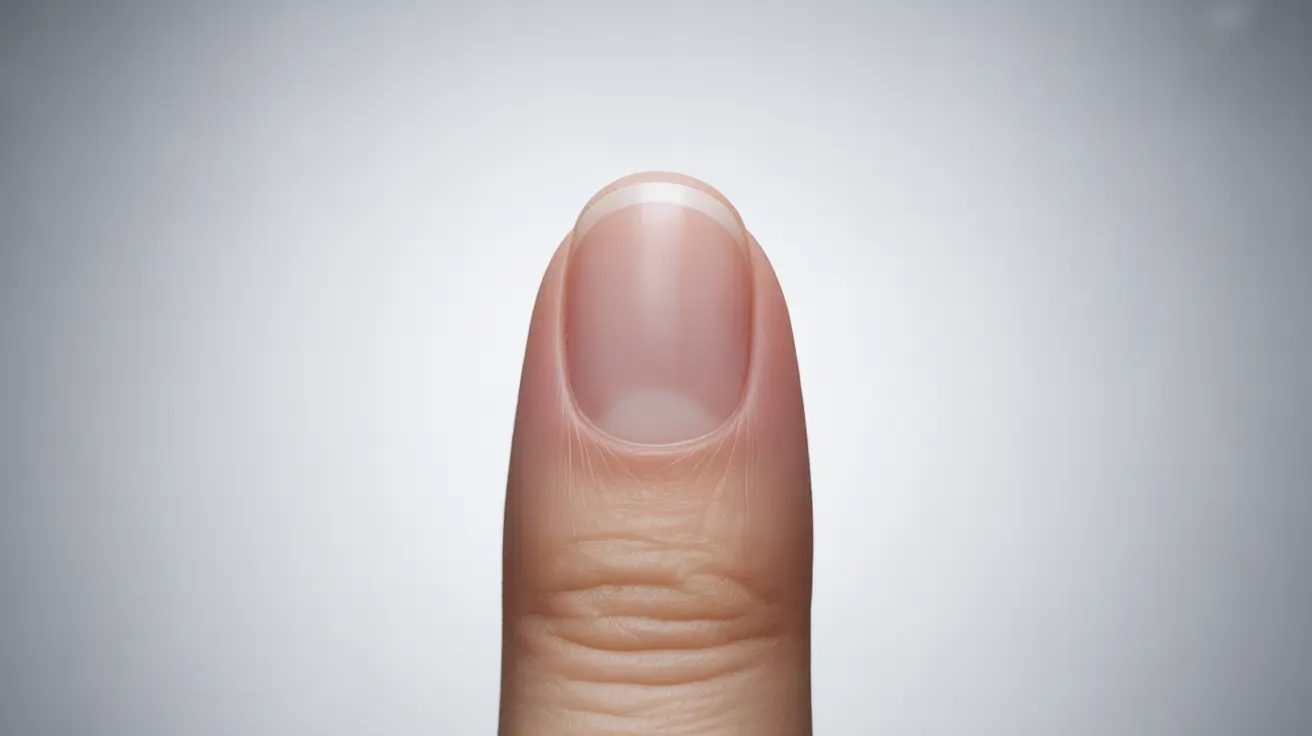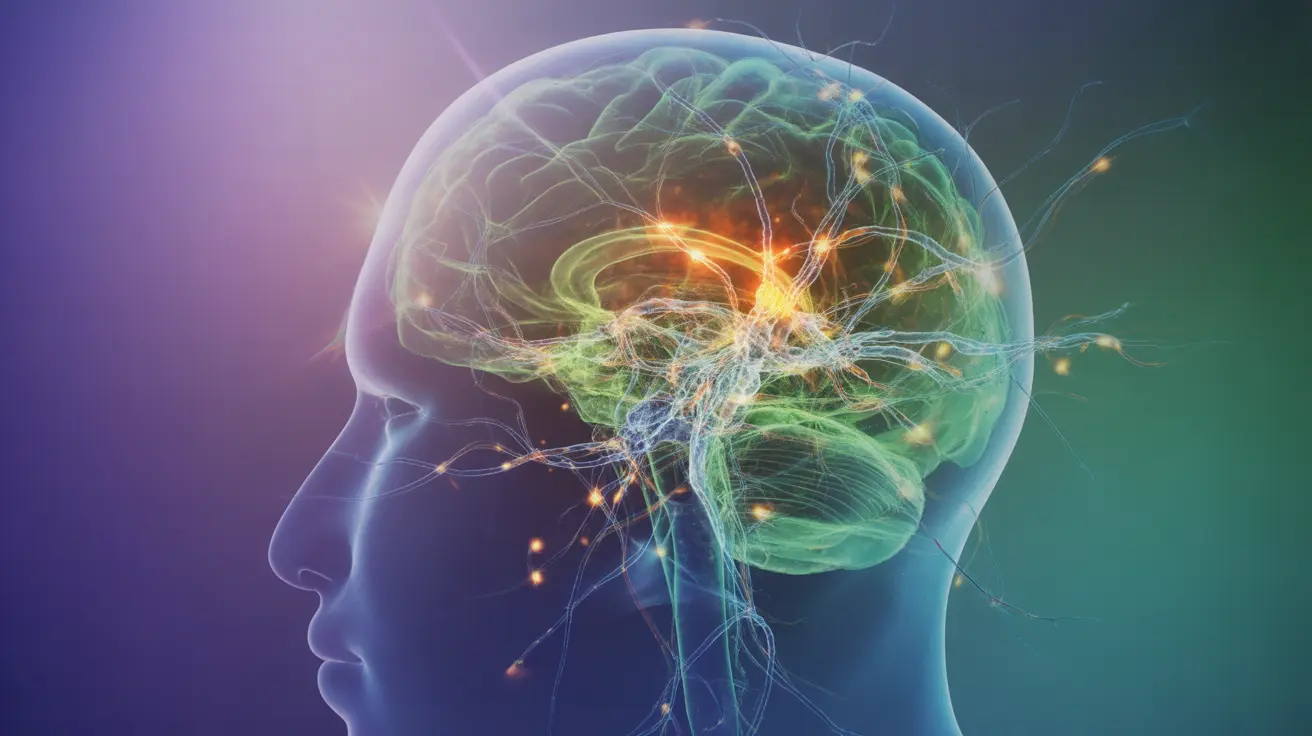Sleep is a fundamental pillar of human health, yet its importance is often underestimated. With approximately 50 million Americans suffering from a sleep disorder, understanding the critical role sleep plays in our well-being is more important than ever. Beyond simply providing rest, sleep is crucial for brain health, playing a vital role in repair, rejuvenation, and detoxification processes. During sleep, the brain clears out waste products and toxins, including beta amyloid proteins associated with Alzheimer’s disease. This article delves into the science of sleep, exploring how it detoxifies the brain and offers practical advice for optimizing sleep for better health.
The Detoxification Process During Sleep
The brain's detoxification process is a sophisticated system that primarily occurs during sleep. Central to this process is the glymphatic system, which utilizes cerebral spinal fluid to flush out metabolic waste products from the brain. This system is particularly active during sleep, highlighting the importance of quality rest.
- Role of Cerebral Spinal Fluid: The glymphatic system acts as a waste clearance pathway in the brain, similar to the lymphatic system in the rest of the body. It uses cerebral spinal fluid to remove waste, including beta amyloid proteins and other plaques that can accumulate and potentially lead to neurodegenerative diseases.
- Importance of Removing Beta Amyloid Proteins: The removal of beta amyloid proteins is critical for preventing conditions like Alzheimer’s disease. This cleansing process is most efficient during deep delta slow-wave sleep, a stage where the brain's detoxification capabilities are heightened.
The Sleep Cycle and Brain Health
Understanding the sleep cycle is essential for appreciating how sleep contributes to brain health. The circadian rhythm, an internal body clock, regulates the sleep-wake cycle and influences the different stages of sleep.
- Circadian Rhythm and Sleep Waves: The circadian rhythm ensures that our body follows a natural sleep-wake cycle, promoting alertness during the day and restfulness at night. Within this cycle, sleep is divided into various stages, including light and deep sleep.
- Superficial Sleep vs. Deep Delta Slow-Wave Sleep: Superficial sleep, or light sleep, serves as a transition between wakefulness and deeper sleep stages. Deep delta slow-wave sleep, however, is crucial for detoxification and memory consolidation. During this stage, the brain actively clears out toxins, making it a vital component of the sleep cycle.
- Importance of Slow-Wave Sleep in Detoxification: Slow-wave sleep is particularly important for detoxification. The glymphatic system's activity peaks during this stage, allowing the brain to efficiently remove waste products and maintain cognitive health.
Factors Affecting Sleep Quality and Detoxification
Several factors can influence sleep quality and, consequently, the brain's ability to detoxify. Diet, lifestyle choices, and environmental factors all play a role in how well we sleep and how effectively our brain can cleanse itself.
- Impact of Diet on Sleep and Brain Detoxification: A diet rich in detoxifying foods can support brain health. Cruciferous vegetables like broccoli and cauliflower provide antioxidants and nutrients that aid in detoxification. Conversely, consuming alcohol and junk food can disrupt sleep quality and hinder detoxification processes.
- Negative Effects of Alcohol and Junk Food on Sleep Quality: Alcohol and junk food can lead to fragmented sleep, reducing the effectiveness of the brain's detoxification processes. This can increase the risk of health problems, including high blood pressure and neurodegenerative diseases.
Optimizing Sleep for Better Brain Function
To maximize the benefits of sleep, it is essential to understand the recommended sleep duration and the role of naps in enhancing sleep quality.
- Recommended Sleep Duration for Optimal Health: The American Heart Association recommends at least 7 hours of sleep per night for optimal health. However, individual variations may require more or less sleep, and some people may benefit from 9 hours of sleep per night. Understanding your body's needs is crucial for achieving restorative sleep.
- Role of Naps in Enhancing Sleep Benefits: Naps can be a valuable tool for those who do not get enough sleep at night. Short naps of 20-30 minutes can improve cognitive function and memory consolidation without leading to sleep inertia. Napping strategically can supplement nighttime sleep and enhance overall brain function.
Lifestyle Habits to Enhance Sleep and Detoxification
Adopting healthy lifestyle habits can significantly improve sleep quality and support the brain's detoxification processes.
- Importance of Physical Activity and Exercise: Regular physical activity, particularly whole-body physical work, can improve sleep quality. Exercise helps regulate the circadian rhythm and enhances the body's ability to detoxify during sleep. Engaging in physical activity during the day promotes deeper, more restorative sleep at night.
- Role of Fasting and Low-Carb Diets in Brain Health: Fasting and low-carb diets can support brain health by promoting the production of ketones, which serve as an alternative energy source for the brain. Ketones have been shown to improve cognitive function and support the brain's detoxification processes, making dietary choices an important consideration for brain health.
Sleep is not just a passive state of rest; it is an active process that plays a critical role in brain detoxification and overall health. The brain's detoxification processes, including the removal of beta amyloid proteins, are more efficient during deep sleep stages. By understanding the science of sleep and adopting lifestyle changes that support better sleep and brain function, individuals can enhance their health and well-being.
Encourage readers to explore additional resources or courses on enhancing health and immunity. Invite readers to learn more about strengthening the immune system for better resilience, emphasizing the interconnectedness of sleep, brain health, and overall well-being.
FAQ
- Why is sleep important for brain detoxification?
Sleep is crucial for brain detoxification because it activates the glymphatic system, which uses cerebral spinal fluid to flush out metabolic waste products, including harmful beta amyloid proteins. This process is most efficient during deep delta slow-wave sleep, making quality sleep essential for maintaining cognitive health.
- How does diet affect sleep quality and brain detoxification?
Diet plays a significant role in sleep quality and brain detoxification. Consuming detoxifying foods like cruciferous vegetables provides antioxidants and nutrients that support detoxification processes. In contrast, alcohol and junk food can disrupt sleep quality, reducing the brain's ability to cleanse itself effectively.
- What lifestyle changes can enhance sleep and brain detoxification?
Several lifestyle changes can enhance sleep and brain detoxification, including regular physical activity, adopting a diet that supports brain health, and ensuring adequate sleep duration. Engaging in whole-body physical work, following a low-carb diet, and taking short naps can improve sleep quality and promote effective brain detoxification.




